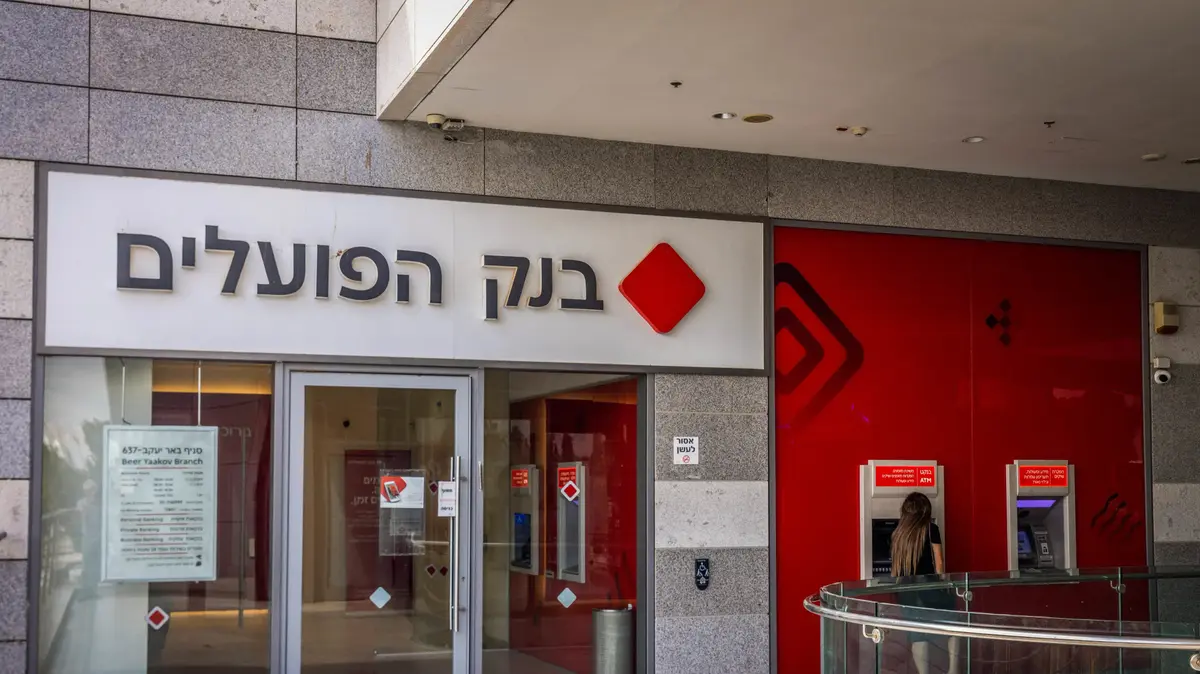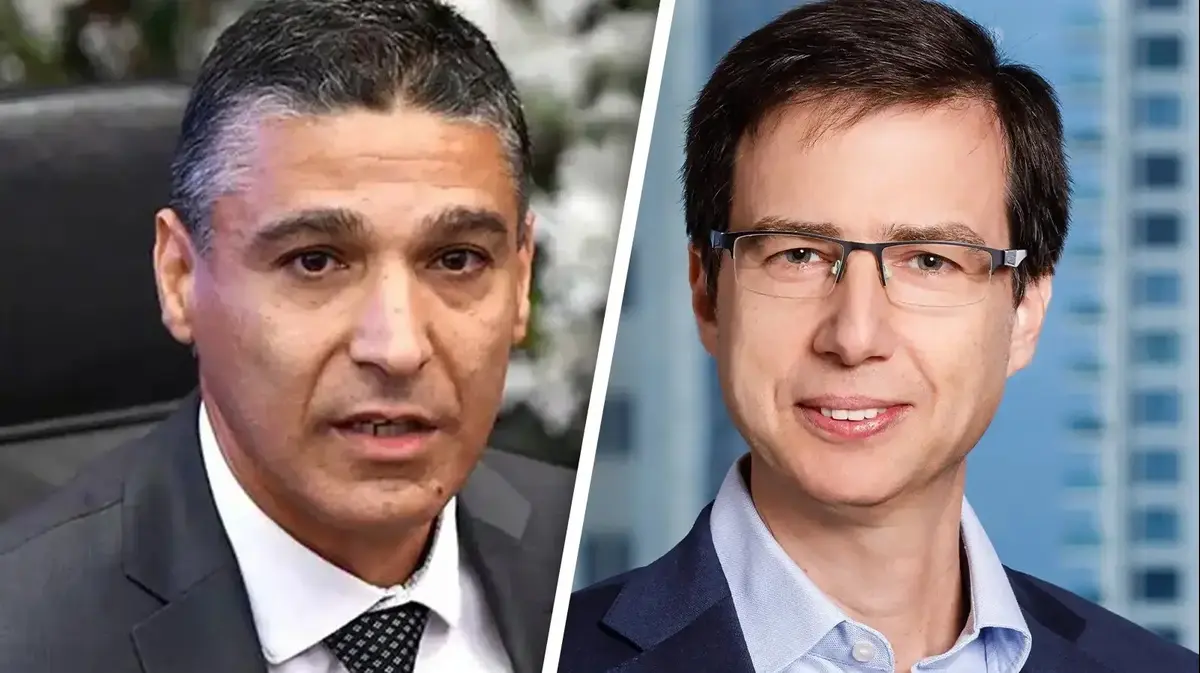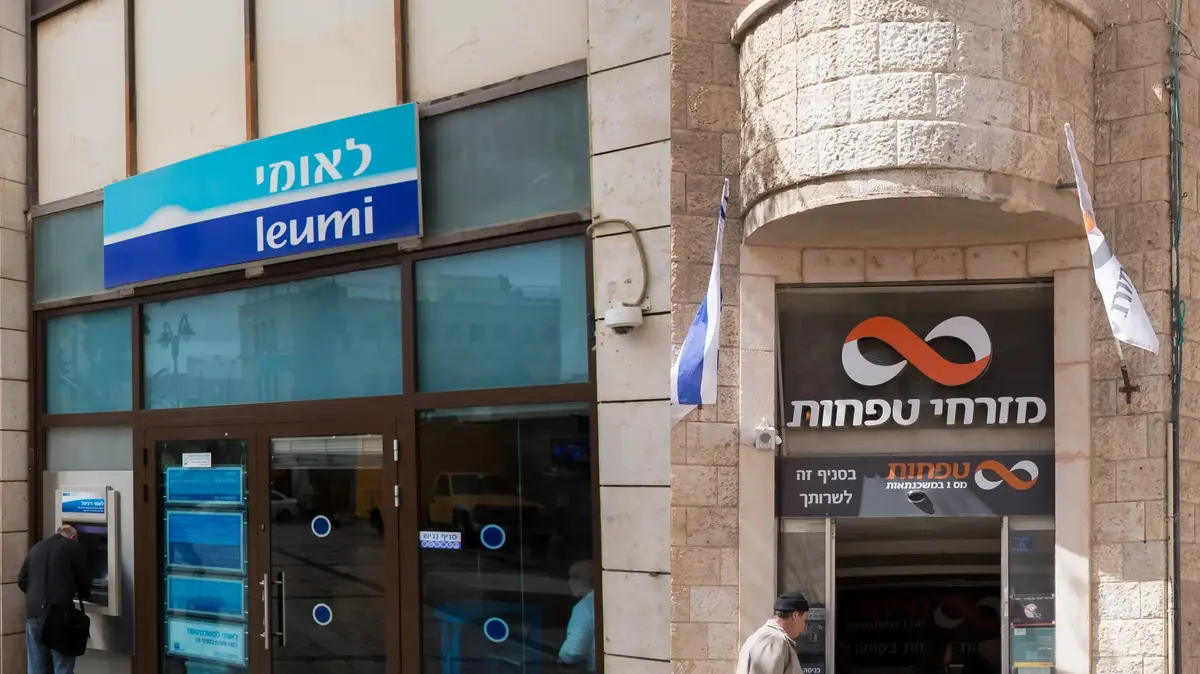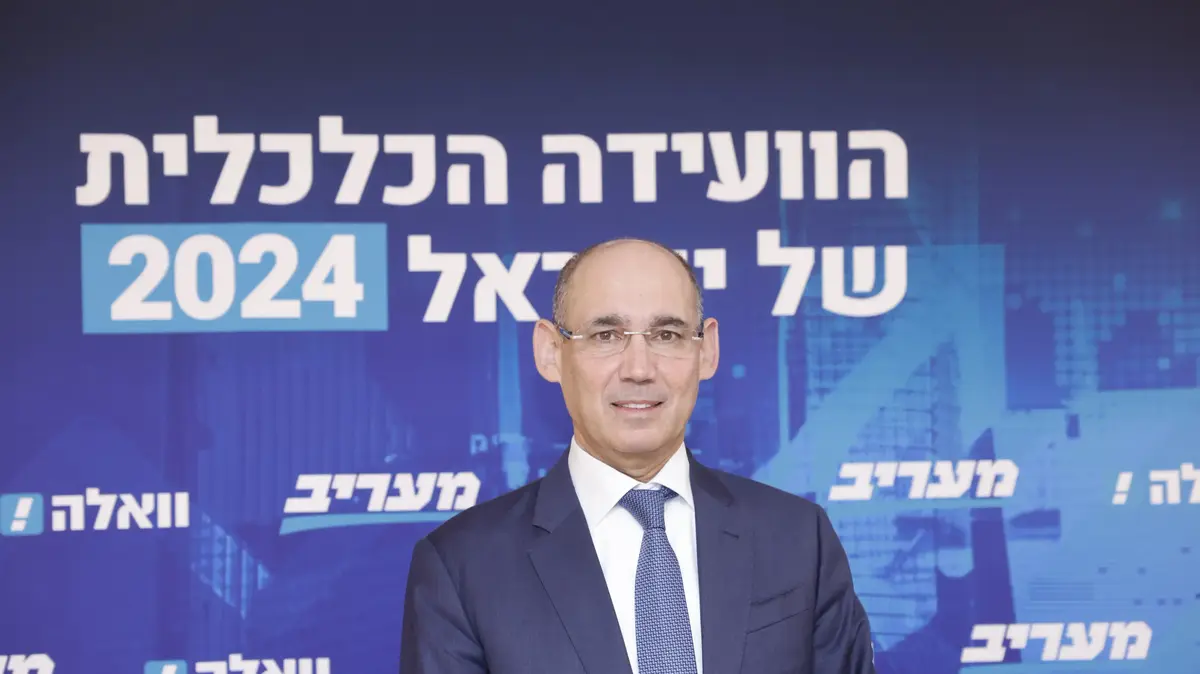Icon: enlarge
Greensill Bank is suddenly at the center of a financial drama
Photo: Sina Schuldt / dpa
When the German financial supervisory authority Bafin sends a special representative to a bank, the situation must be serious - after all, the Bonn authority has often enough not recognized the seriousness of the situation or recognized it too late in recent years.
But now the time has come: Because the British credit institute Greensill Capital, which is almost unknown in this country, is in dire straits and with it the German offshoot, the Bafin not only has a supervisor at Greensill who controls the business directly on site.
On Wednesday, the Bafin even decided to close the bank due to the threat of over-indebtedness for customer traffic.
Greensill had already applied for bankruptcy protection in Australia.
As the news agency Bloomberg reports, Greensill is currently negotiating with the financial investor Apollo about the sale of large parts of the operating business.
The situation is confusing.
But it is becoming apparent that Greensill's imbalance could become the biggest challenge for local deposit insurance since the collapse of Lehman Brothers and its German subsidiary in 2008.
Hundreds of millions, if not billions of euros, German small investors are in the fire, a major Swiss bank and even an Indian steel baron play central roles in the financial drama.
The most important questions and answers at a glance.
Who is Greensill?
Put simply: a bank founded in 2011 by the Australian Lex Greensill.
Lex said he grew up on an Australian sugar cane and melon farm. His family was too poor to send him to university.
Young Lex, however, was bright enough to notice the financial problems farmers have to contend with in his homeland, namely that they are paid for their harvest with a long delay.
After years of training as an investment banker in London, Lex used this to create a business idea: supply chain finance or, more cosmopolitan, »supply chain finance«.
The parent company Greensill Capital is based in Greensill's native Australia, while the most important division, called Greensill Capital, is in London.
She runs the core business.
In Germany, the group took over Bremer NordFinanz Bank in 2014 and renamed it Greensill Bank AG.
What exactly does Greensill do?
The aforementioned supply chain finance.
There are two varieties.
There is the so-called
factoring
, as it is practiced by Grenke AG from Baden-Baden, which has fallen into disrepute.
What sounds complicated is in principle simple: A company that supplies another with goods may not wait for the customer to pay the invoice and sells this claim to a third party, such as Greensill, who pays it immediately, but with a small one Discount.
The advantage: the buyer receives the goods and the supplier immediately receives cash, even if not 100 percent of the invoice.
The buyer of the receivables can collect 100 percent of the invoice and, if successful, cash in the difference to the price that he paid the supplier in advance as profit.
The other variant is called
reverse
factoring: Here the customer can pre-finance the purchase of goods.
Greensill's special trick of both factoring variants is that the bank bundles the receivables and sells them as a fund to investors on the capital market.
In total, Greensill invoiced and forwarded around $ 143 billion in receivables from more than ten million customers in 175 countries in 2019 alone.
The idea behind it: The money raised through the sale to investors can be invested in new trade receivables.
What is the problem?
The major Swiss bank Credit Suisse has been selling Greensill's "supply chain funds" to professional investors for years, but now has doubts that their content - the claims - are worth as much as Greensill stated.
It's about ten billion dollars.
In addition, Credit Suisse is said to have given Greensill a $ 160 million loan in the fall of last year.
The Swiss asset manager GAM stated unmistakably: "The closure of the Supply Chain Finance Fund marks the end of the business relationship between GAM and Greensill, which dates back to 2016." And also come from the Japanese investment group Softbank, which had put money in Wirecard Red flags: He wrote off his stake in Greensill by $ 1.5 billion.
According to the Bloomberg news agency, Softbank could even write off its investment completely, thereby certifying Greensill to be worthless, so to speak.
How is the relationship to Germany?
It can be found in Bremen at the Greensill Bank there.
She has collected plenty of savings from professional and private investors in Germany in order to give her mother in London and Australia the necessary financial backing to run her business.
As the rating agency Scope wrote, "Greensill Bank is completely dependent on Greensill Capital (...) to conduct business and hedge credit risks."
The business has literally exploded in recent years: Between 2017 and 2019, the balance sheet total increased sixfold, and liabilities to customers climbed from 3 million to 3.3 billion euros.
73 percent of the deposits were made by professional investors, 27 percent by small savers who landed on Greensill via platforms such as "Weltsparen" or "Zinspilot".
The enormous growth is also indirectly a consequence of the fact that many investments hardly yield any interest.
Anyone who placed their money at Greensill still got something - with a corresponding risk, as is now shown.
Is German savers' money at risk?
No.
Deposits across Europe are legally protected up to EUR 100,000, and hardly any investor is likely to have exceeded this limit.
And if it does: Bremer Greenhill Bank is a member of the German deposit protection fund of the Association of German Banks (BdB), which even protects high double-digit million amounts per customer.
It can take a while before you get your money back in the event of bankruptcy, but you get it: The deposit insurance pots are well filled.
Nevertheless, the sum that is in the room is the highest since the Lehman bankruptcy 13 years ago.
At that time, the BdB deposit insurance had to step in with 6.2 billion euros.
However, if he should step in this time too, and if the deposit protection fund had to be replenished afterwards, then the members of the BdB - i.e. the private banks, not savings banks and Volksbanks - would either have to get the money back from the bankruptcy estate if Greensill went bankrupt.
Or they would have to refill the pot on their own - and that in turn could be at the expense of the customers, for example through higher fees.
What's up with the Indian steel baron?
Allegedly, Lex Greensill is closely with the Indo-British steel tycoon Sanjeev Gupta.
The Bafin has also been bothered by this for some time;
she is said to have insisted that Greensill Bank reduce its loans to the companies of the Gupta group.
According to Bloomberg, these amount to a total of 1.5 billion euros, a huge part of Greensill's total assets.
Gupta's company Liberty Steel recently failed with the takeover of Thyssenkrupp's steel division.
Icon: The mirror









